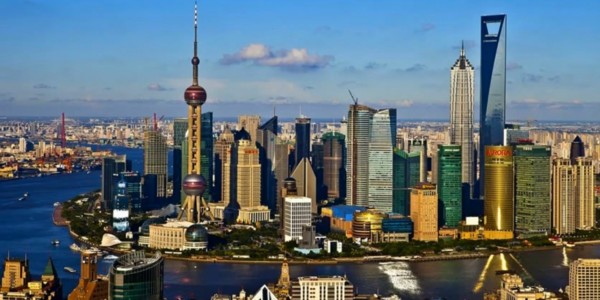The announcement by China’s National Development and Reform Commission (NDRC) of a cut in the handling tariff for import and export containers is credit negative for Shanghai International Port (Group) Co., Ltd (SIPG), but will not immediately affect SIPG’s A1 issuer rating or the A2 backed senior unsecured bond ratings of Shanghai Port Group (BVI) Holding Co., Ltd, said Moody’s Investors Service.
“The reduction in tariff will negatively impact SIPG’s profitability and cash flow generation capability from 2018 onwards, and reduce the financial headroom for its standalone credit profile,” explained Osbert Tang, a Moody’s Vice President and Senior Analyst, and the Local Market Analyst for SIPG.
On 15 November, the NDRC announced that, effective 1 January 2018, the import and export handling tariff for non-transshipment containers at the Port of Shanghai will be lowered by 19.4% to RMB480 per 20-foot equivalent unit (TEU). The NDRC also ordered tariff cuts of between 11% and 21% at several other ports — including Tianjin, Ningbo-Zhoushan and Qingdao — that enjoyed dominant market positions in their respective servicing regions.
The tariff adjustment was prompted by the Chinese government’s (A1 stable) antitrust review on the business operations of coastal ports, with the aim of reducing overall logistics costs and promoting a fairer operating environment for shipping companies.
Moody’s estimates that, as a result of the tariff reduction, SIPG’s container handling revenue will fall by RMB1.0-RMB1.5 billion in 2018, resulting in a lower gross profit margin of 52%-53% for this business segment during the same year when compared with the 57% achieved during the six months between January and June 2017.
Accordingly, Moody’s estimates that SIPG’s adjusted funds from operations (FFO)/debt and FFO interest coverage will soften to 20%-21% and 6.0x-6.5x, respectively, in 2018 from earlier projections of 22%-23% and 6.5x-7.0x.
Such revised projections will reduce SIPG’s financial headroom against the downgrade triggers for its baseline credit assessment, namely, adjusted FFO/debt below 20% and/or FFO interest coverage below 6.0x on a sustained basis.
Moody’s will track if SIPG can dynamically adjust its tariff on its non-export/import containers — such as transshipment containers — to mitigate the negative impact of the tariff cut. In addition, it will closely monitor any further developments in the national antitrust review on the port sector, and assess any resultant operational and financial impact on SIPG.
Shanghai International Port (Group) Co., Ltd (SIPG) is the dominant player in the Port of Shanghai, which is in turn the largest container port globally by throughput volume. The company handled 29.9 million 20-foot equivalent units (TEUs) between January and September 2017.

































































